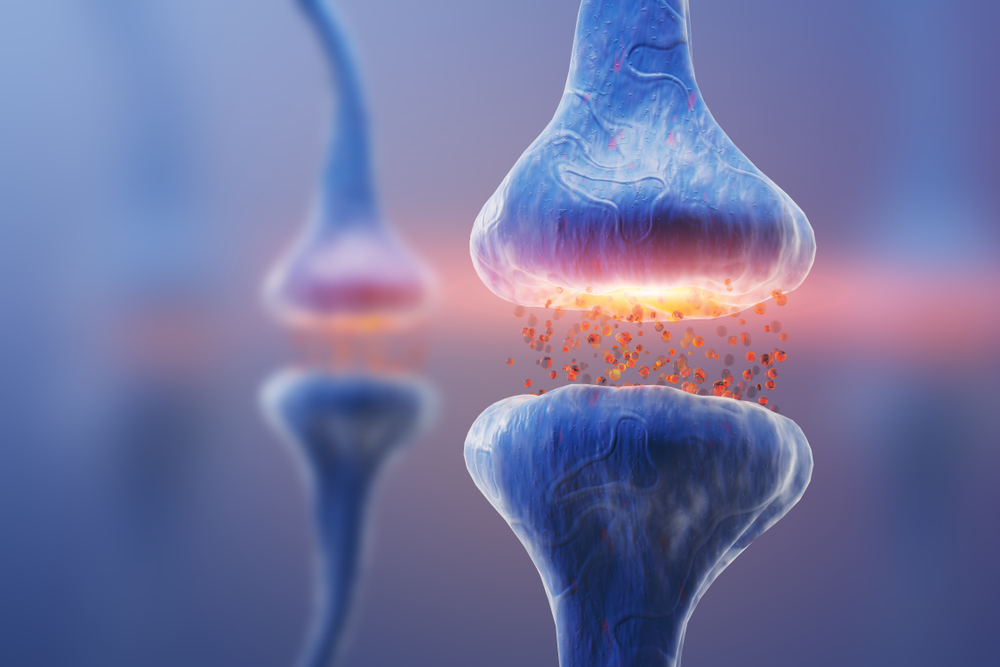How to Trigger Endorphin Release in the Body
Endorphins are often called the “happiness hormones” or “natural narcotics” because they lead to feelings of euphoria and bliss. Any positive experience can raise endorphin levels in the blood, but there are many other ways to stimulate their release.
Effective Ways to Boost Endorphins
- Eat Chili Peppers: Hold a piece of chili pepper on your tongue for a while. Not only will you feel better, but it can also help relieve pain.
- Think Positively: Control your thoughts and immediately replace negative ones with positive ones. This mental shift can trigger endorphin release and improve your mood.
- Exercise: Physical activity, especially endurance sports like running, swimming, or tennis, promotes endorphin release. At a certain point during your workout, you may experience a “runner’s high”—a clear sign of endorphin surge.
- Sex: Sexual activity is one of the most powerful ways to boost endorphin levels.
- New Experiences: Attending a theater performance or a concert by your favorite artist can also increase endorphin levels.
- Emotional Music: Music that moves you to tears is a great endorphin stimulator.
- Acupuncture: Acupuncture sessions can trigger endorphin release, similar to the effects of laughter.
- Laughter: Besides raising endorphin levels, laughter also strengthens the immune system.
- Chocolate: Small amounts of chocolate can bring joy, but don’t overindulge as it may affect your health and figure.
- Sunlight: Ultraviolet light stimulates endorphin production. Visit a tanning salon or spend time at the beach to lift your mood.
Foods That Boost Endorphins
- Avocado: Half an avocado a day can make the world seem less gloomy.
- Bananas: A source of tryptophan, an amino acid responsible for serotonin production. One banana a day can help maintain a good mood.
- Mustard: Mustard oil increases serotonin levels. Add mustard to salad dressings for an energy boost.
- Potatoes: A great source of potassium, which drops quickly after stress. Boil 250 grams of potatoes in their skins to help recover from stress.
- Cilantro (Coriander): An excellent nervous system stimulator. Try adding crushed cilantro and garlic to hot pasta with grated cheese and fresh tomato for a new flavor experience.
- Milk: Digestion of milk produces peptides that raise serotonin levels in the brain.
- Paprika: Contains many substances that activate brain metabolism and restore mental performance.
- Beets: Rich in folic acid, which breaks down homocysteine—a substance linked to depression. One beet a day provides the necessary folic acid.
- Red Currants: Stimulate cell regeneration due to their succinic acid content. A glass of juice helps relieve stress and strengthens the blood.
- Thyme: Contains cymol and carvacrol, which have calming effects. Take two tablespoons of honey and two teaspoons of thyme before bed.
- Chili Peppers: Contain capsaicin, which stimulates endorphin production. Even sweet chili peppers can have this effect.
The Role of Endorphins in Depression
A lack of endorphins can lead to low mood and apathy, which are symptoms of depression. The pursuit of pleasure and satisfaction is a natural human goal, and the feeling of pleasure arises when endorphins are released in the brain. Chemically, endorphins are similar to morphine, which is why they’re called “endogenous morphine.”
All pleasurable activities increase endorphin levels, making us feel happy. Endorphin production is triggered by processes involving the senses, such as hearing and smell. This is why people with depression may experience increased appetite and consume more food that brings them pleasure, thus raising endorphin levels.
Endorphin Deficiency
Endorphin production can be reduced by certain health conditions. People with chemical dependencies often have lower endorphin levels. For some, alcohol or drugs may be the only way to feel “normal,” as these substances directly or indirectly increase endorphin levels. If a person’s mindset accepts this method of achieving happiness, addiction can develop over time.
Those prone to chemical dependency often have unique metabolic traits. For example, their liver processes substances differently, which can affect alcohol absorption. The ability to consume large amounts of alcohol without getting drunk is a sign of innate alcohol dependence.
Psychoactive drugs cause a rapid release of endorphins into the bloodstream, and the brain adapts by increasing the number of endorphin receptors. Eventually, the body becomes unable to function without these substances. When the brain receives large amounts of external morphines (like heroin) or is regularly overstimulated (by meth, cocaine, or ethanol), it eventually stops producing natural endorphins.
The Impact of Music on Endorphin Levels
Music can raise endorphin levels in the blood. The positive emotions and experiences triggered by music promote the production of the body’s own painkillers and boost immunity. Some theories suggest that the pleasure and sense of “floating” experienced while listening to music are the result of endorphin release. The pituitary gland releases endorphins in response to electrical activity in the brain, which is linked to the activity of the lymphatic and autonomic centers.
According to an American medical journal, studies on music therapy have shown that many expectant mothers who regularly listened to certain music during labor did not need painkillers. Researchers concluded, “Music therapy increases endorphin production by the pituitary gland, reducing the need for medication. It also distracts from pain and lowers nervous tension.”
In addition to reducing stress and pain, natural high-frequency sound signals can increase the number of lymphocytes in the blood, enhancing the body’s resistance to disease. Lymphocytes also increase resistance to leukemia, herpes virus, mononucleosis, measles, and other infectious diseases.



